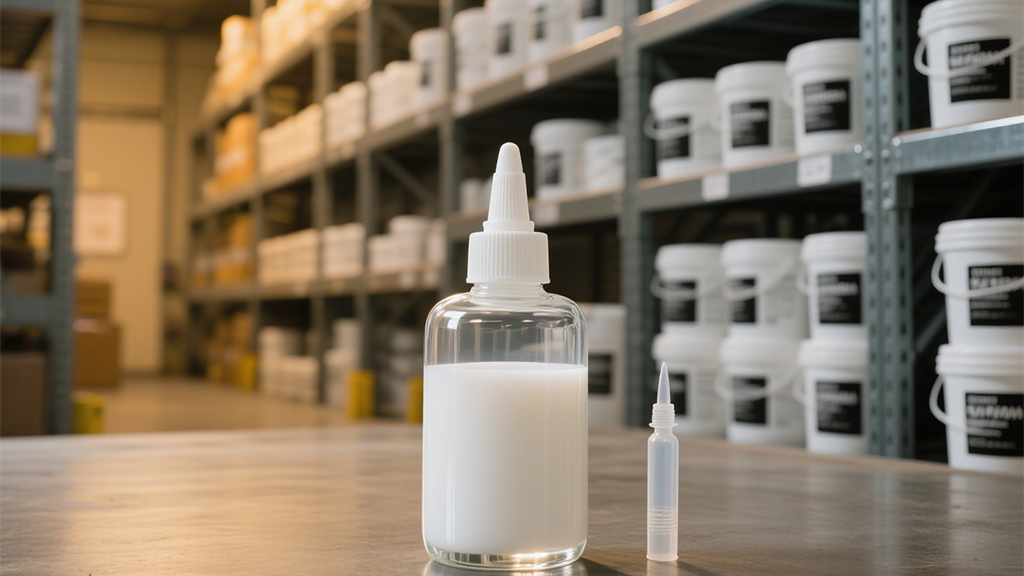Waterbased acrylic PSA formula optimization involves adjusting the composition of monomers, additives, and processing parameters to enhance performance properties (tack, peel strength, shear resistance) while meeting application-specific requirements and environmental standards. Monomer selection is foundational: flexible monomers like 2-ethylhexyl acrylate (2EHA) improve tack and low-temperature flexibility, while rigid monomers like methyl acrylate enhance adhesion to polar substrates; their ratios are balanced to achieve target glass transition temperature (Tg) and cohesion. Functional monomers (acrylic acid, glycidyl methacrylate) introduce crosslinking sites, enabling post-application curing to boost shear resistance and heat tolerance. Additives play critical roles: tackifiers (rosin esters, terpene phenolics) increase surface tack without reducing cohesion; plasticizers improve flexibility in cold conditions; crosslinkers (aziridines, isocyanates) enhance chemical resistance; and biocides prevent microbial growth in storage. Surfactants are optimized to stabilize the emulsion during polymerization, reducing foaming and ensuring uniform particle size (50-300 nm) for consistent film formation. Processing parameters, such as polymerization temperature, initiator type, and pH, are adjusted to control molecular weight and distribution—higher molecular weights improve shear resistance, while lower weights enhance tack. For specific applications: medical PSAs require hypoallergenic additives and low skin irritation; automotive PSAs need heat resistance (120°C+), achieved with more crosslinkers; and removable labels prioritize repositionability, using lower tackifier levels. Environmental goals drive the use of bio-based monomers and low-VOC formulations, replacing hazardous additives with eco-friendly alternatives. Manufacturers like E Plus Chemical Co., Ltd. use DOE (Design of Experiments) and statistical analysis to systematically test formulations, ensuring optimal balance of properties for each application, resulting in waterbased acrylic PSAs that outperform generic formulas in targeted use cases.
